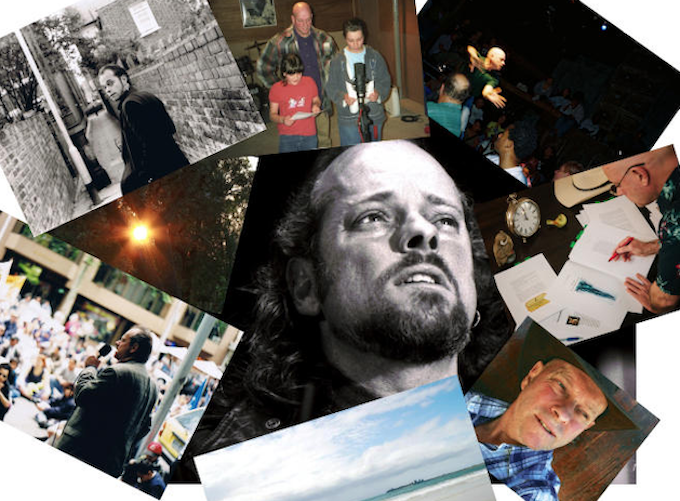
David Robie also blogs at Café Pacific
An author and human rights advocate for West Papuan self-determination has sent an open letter to Australian Prime Minister Anthony Albanese and the federal parliament calling for a Royal Commission to investigate Canberra’s “protection” of Indonesian colonial policies.
He also wants Australia to press the United Nations into an act of “decency” to correct years of failure in foreign policy over the Melanesian region.
Jim Aubrey, author of the 1998 book Free East Timor and editor of a pro-independence for West Papua website, claimed in his statement that Australia had supported “impunity for Indonesia’s litany of every universally known classification for crimes against humanity”.
He wants a commission to “investigate the roles of consecutive Australian governments as accessories to Indonesia’s unlawful military occupation and annexation of West Papua” and Indonesia’s “six decades of crimes against humanity”.
Aubrey claimed there were deliberate acts of geopolitical convenience and economic exploitation “while a slaughterhouse of decades of crimes against humanity in both West Papua and East Timor were international public knowledge”.
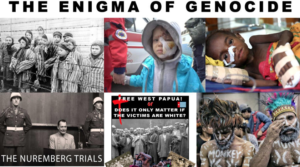
Unlike Timor-Leste, which gained its full independence in 2002 after 24 years of brutal Indonesian occupation, the Melanesian region of West Papua was annexed by Jakarta after a paratrooper invasion and then a contested “Act of Free Choice” plebiscite in 1969.
The consensus vote for Indonesian rule by 1250 handpicked Papuan elders purportedly under UN supervision has been challenged ever since by both peaceful Papuan activists and a war of liberation fought by the West Papua National Liberation Army (TPNPB-OPM) as not a genuine expression of self-determination by the Indigenous Papuans.
Aubrey’s open letter to Prime Minister Anthony Albanese and the federal parliamentarians was attached to an image of two child victims of an atrocity in West Papua.
‘Callous betrayal’ of West Papuans
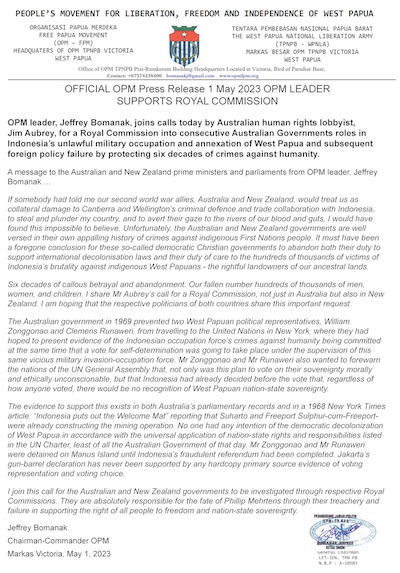
Later, the TPNPB-OPM issued a statement supporting author Jim Aubrey’s call for a Royal Commission into Australian policy over West Papua and the consecutive Australian government’s alleged roles in Indonesia’s illegal military occupation and annexation of the region.
OPM leader Jeffrey Bomanak said the West Papuan people had suffered “callous betrayal and abandonment” by the Australian government and he also criticised New Zealand.
“If somebody had told me our Second World War allies, Australia and New Zealand, would treat us as collateral damage to Canberra and Wellington’s criminal defence and trade collaboration with Indonesia to steal and plunder my country, and to avert their gaze to the rivers of our blood and guts, I would have found this impossible to believe.
“Unfortunately, the Australian and New Zealand governments are well versed in their own appalling history of crimes against indigenous First Nations people.”

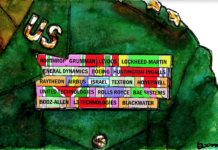

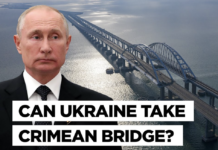
David – It is an open secret that the Australian Government fully support Indonesia war on West Papua
The Aussies have always been taken to task by people who know about being soft on Indonesia. They are quite powerful, and populous after all. But we are pretty gutless – perhaps there is some equivalence here. We need to keep reminding ourselves that our own woes are minor compared to theirs.
To get in the frame perhaps reading Mr Pip by Lloyd Jones would be useful – it is just as weird as real life.
Aubrey claimed there were deliberate acts of geopolitical convenience and economic exploitation “while a slaughterhouse of decades of crimes against humanity in both West Papua and East Timor were international public knowledge”…
Unlike Timor-Leste, which gained its full independence in 2002 after 24 years of brutal Indonesian occupation, the Melanesian region of West Papua was annexed by Jakarta after a paratrooper invasion and then a contested “Act of Free Choice” plebiscite in 1969.
The consensus vote for Indonesian rule by 1250 handpicked Papuan elders purportedly under UN supervision has been challenged ever since by both peaceful Papuan activists and a war of liberation fought by the West Papua National Liberation Army (TPNPB-OPM) as not a genuine expression of self-determination by the Indigenous Papuans.